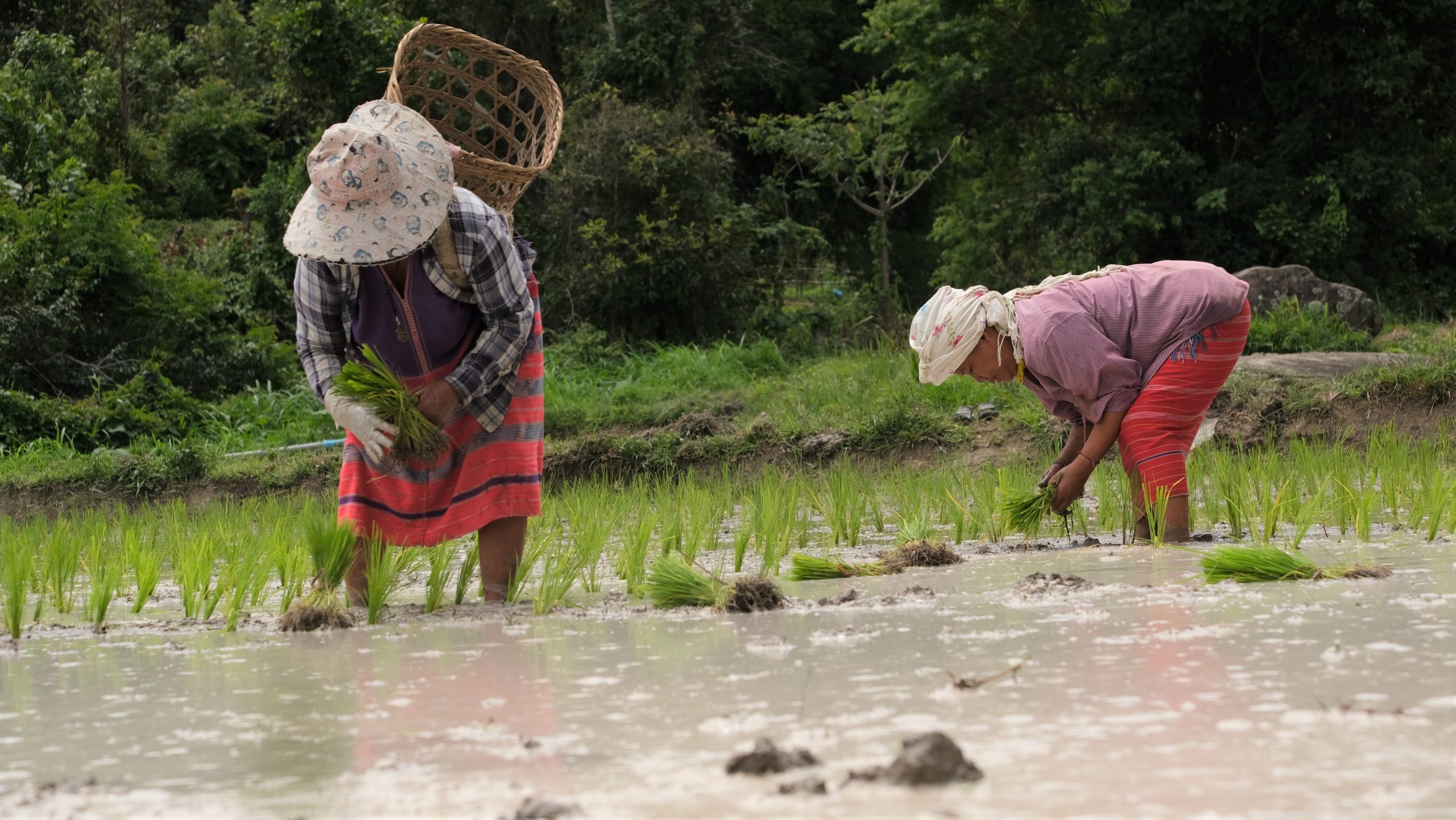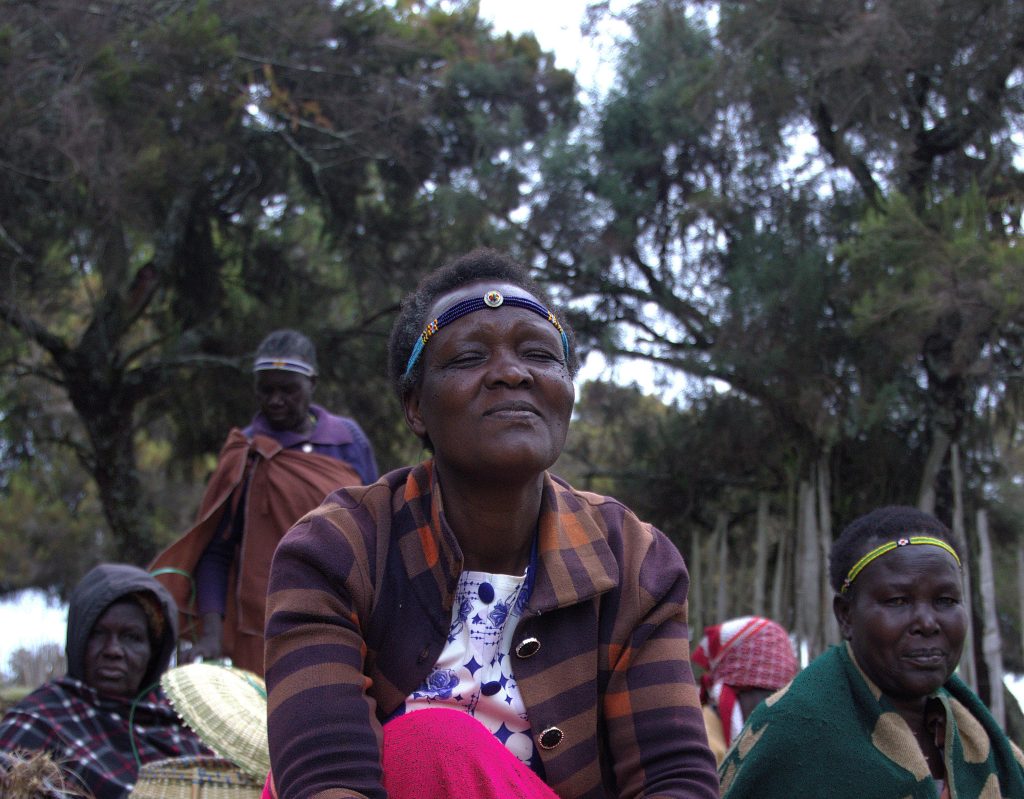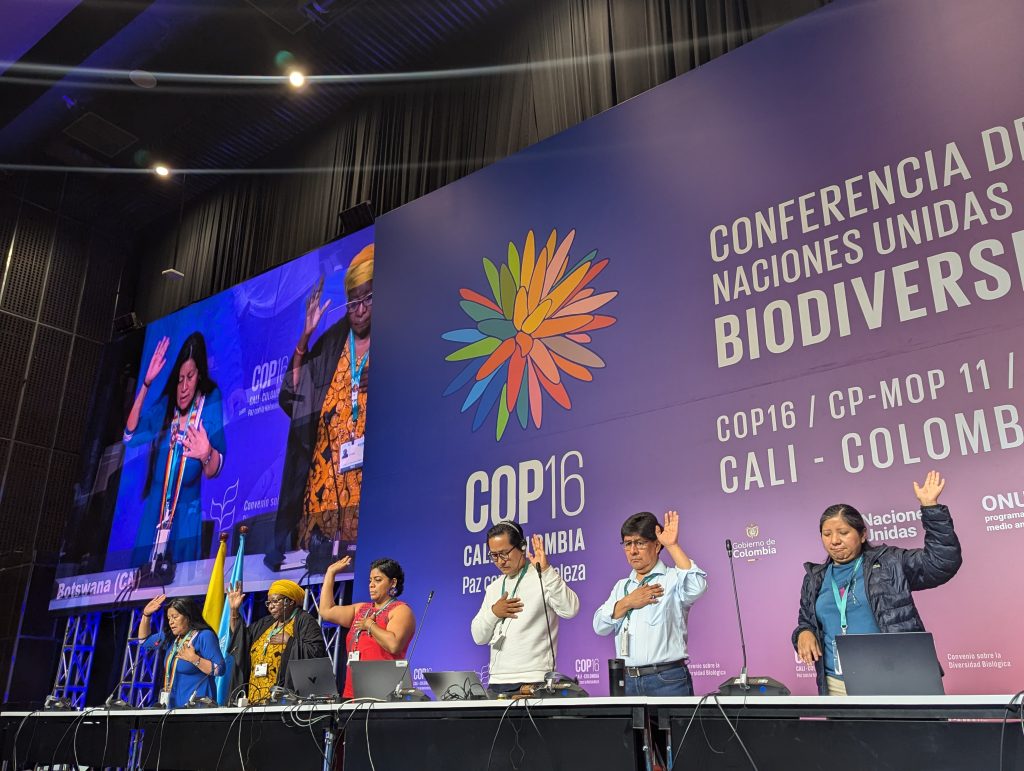Forest Peoples Programme (FPP) is an international human rights organisation that has been working with indigenous and forest peoples since 1990. It works in 20 countries across South and Central America, Africa, and Southeast Asia, with partners based in and around the tropical forest belt. FPP’s mission is to support indigenous peoples and forest communities in securing their rights to traditional lands and protecting their increasingly threatened forests and ways of life.
FPP’s team includes social anthropologists, human rights lawyers, environmental policy experts, and GIS/mapping experts. Work undertaken reflects the priorities and aspirations of the communities and partners with whom we work in full respect of their collective right to self-determination.
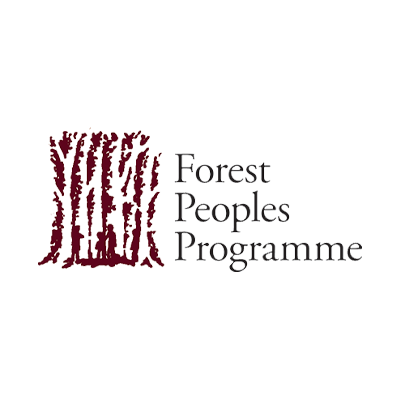
Website: Forest Peoples Programme
X/Twitter: @ForestPeoplesP
Facebook: @Forest Peoples Programme
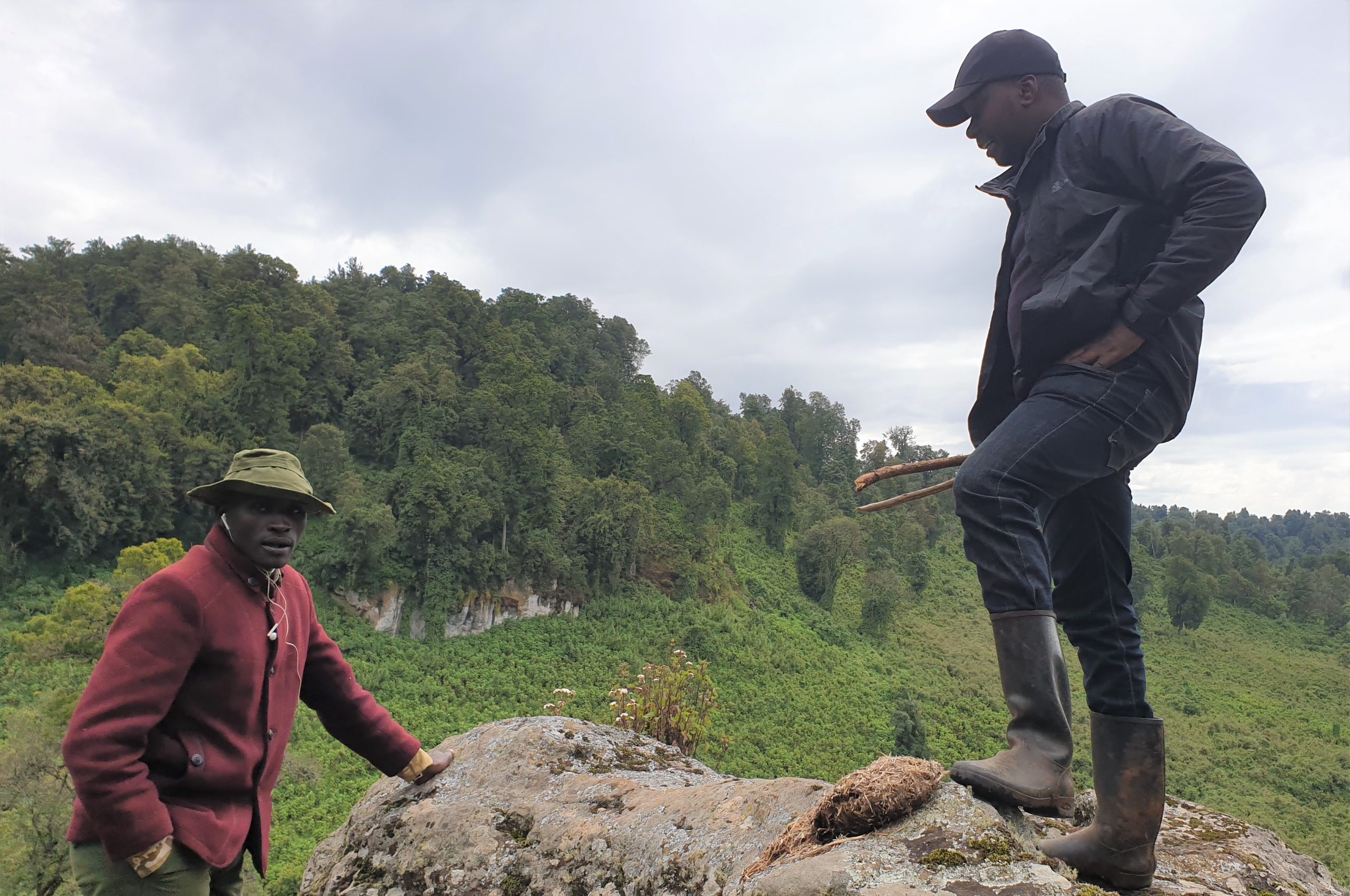
Community scout and CIPDP mapper, Mount Elgon, Kenya 2021. Photo by Tom Rowley/ FPP
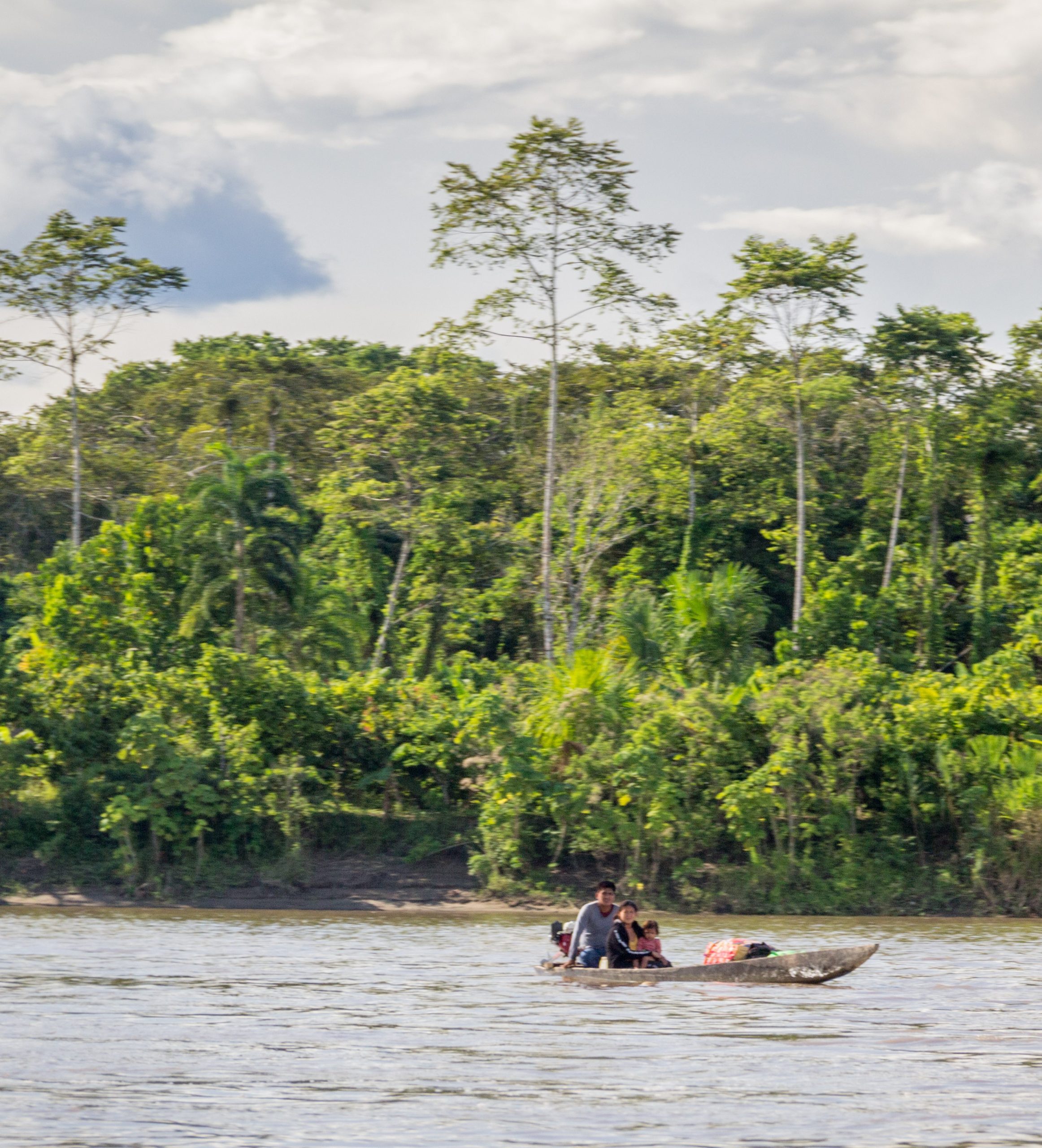
Canoe on Rio Santiago, Wampis Territory, Peru. Photo by Vicki Brown/ FPP
Dashed line
Focus of work in the Transformative Pathways project
FPP provides in-depth national-level accompaniment for indigenous peoples’ organisations and community partners in Peru, Kenya, the Philippines, and Thailand. FPP supports national level partners in reporting on impacts, changes and challenges in their work and on their territories. National level work also includes engagement of the FPP mapping and monitoring team, where requested, to support partner work on mapping and developing emerging biodiversity monitoring systems.
On the global policy advocacy side, FPP provides technical support for engagement with the monitoring and reporting processes under the Convention on Biological Diversity (CBD), with the Intergovernmental Science Policy Platform on Biodiversity and Ecosystem Services (IPBES) and with global conservation-related policy and practice processes International Union for Conservation of Nature (e.g., IUCN). FPP links these engagements back to the community-based work of all partner organisations while also supporting them to engage directly.
FPP leads the coordination and management of the project for the consortium, and supports collective activities including a decentralised communications network which plans, coordinates and supports launch events during the project, manages and maintains regular digital outputs and updates, such as the project website and newsletter. FPP also supports partners in monitoring, evaluation and learning (MEL) activities, capacity building and organisational development and coordinates the annual reviews and other workshops.
